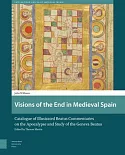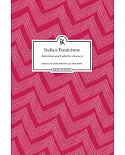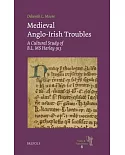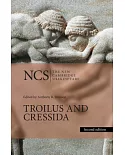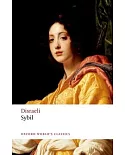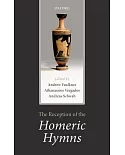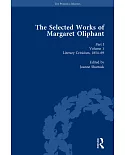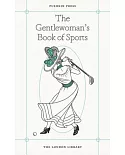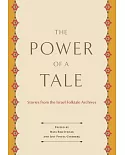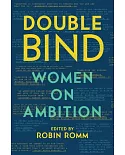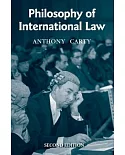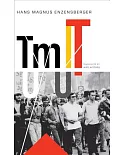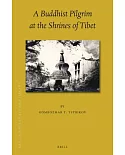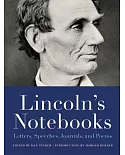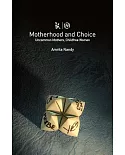Traditional and still prevalent accounts of late antique literature draw a clear distinction between ’pagan’ and ’Christian’ forms of poetry: whereas ’Christian’ poetry is taken seriously in
terms its contribution to culture and society at large, ’pagan’ or ’secular’ poetry is largely ignored, as though it has no meaningful part to play within the late antique world. The Myth of
Paganism sets out to deconstruct this view of two contrasting poetic traditions and proposes in its place a new integrated model for the understanding of late antique poetry. As the book
argues, the poet of Christ and the poet of the Muses were drawn together into an active, often provocative, dialogue about the relationship between Christianity and the Classical tradition and,
ultimately, about the meaning of late antiquity itself. An analysis of the poetry of Nonnus of Panopolis, author of both a ’pagan’ epic about Dionysus and a ’Christian’ translation of St John’s
Gospel, helps to illustrate this complex dialectic between ’pagan’ and ’Christian’ voices.


